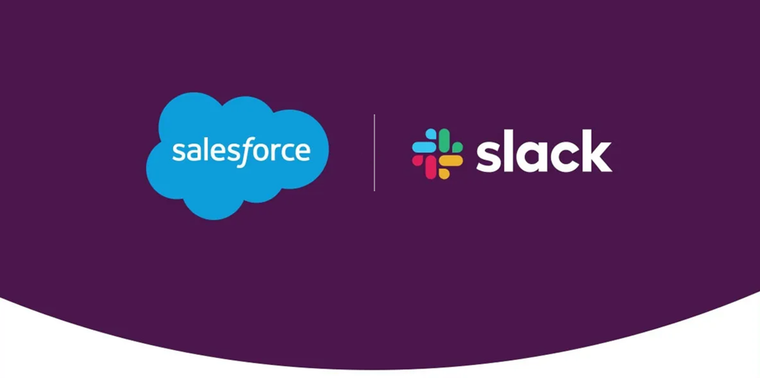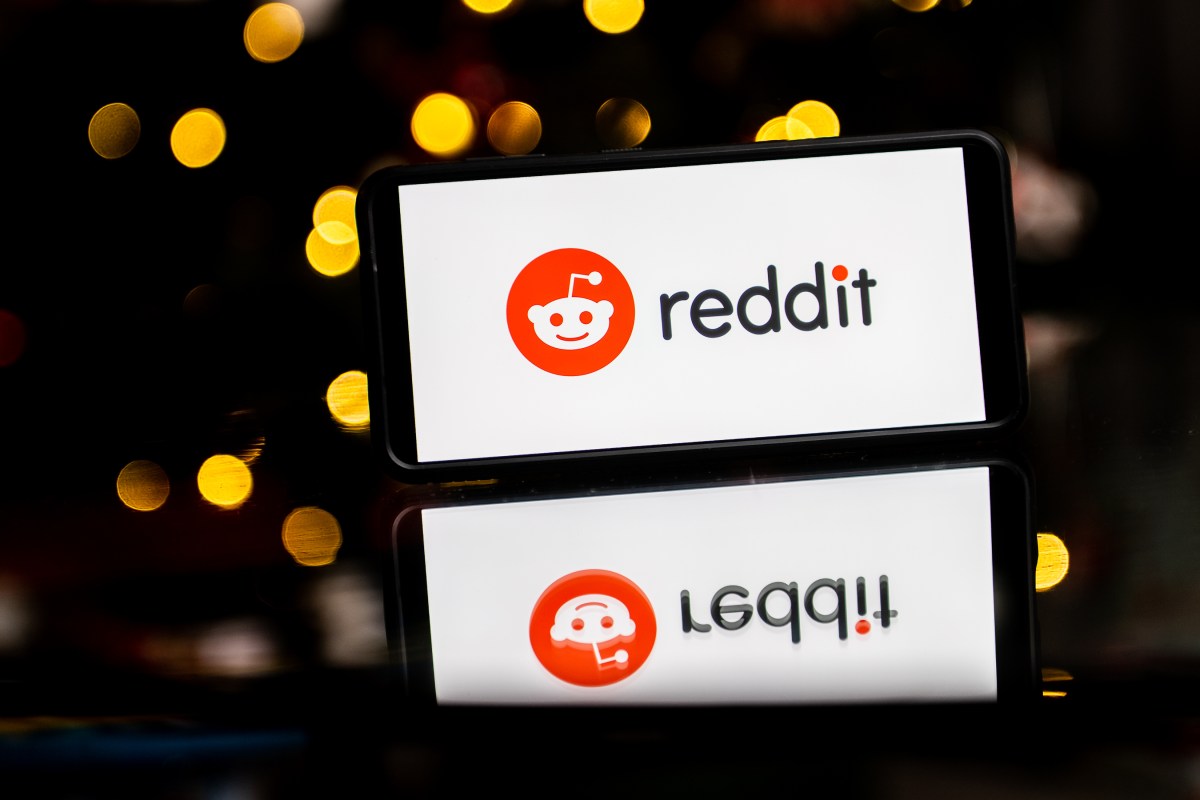Study finds smartphone bans in Dutch schools improved focus
-
I am shocked they allowed them in school tbh. They were not allowed at school for millennials. Granted phones were new but all the flip phones and such were not allowed at schools.
Born on Europe on 1985. We never had a ban on phones (later "feature phones"). We couldn't use them in class, same as the game boy, a comic or a Walkman.
Now schools force Chromebooks/ewaste with laughable restrictions.
-
Who better to poll than teachers for this type of study? They are the ones in the trenches and can gauge the results.
Yeah, like, if you're just gonna ask someone, they'd be the ones to ask.
-
Polling professionals and experts on their opinions is perfectly reasonable to publish as a preliminary study on a subject
It's a sensible first step.
-
Born on Europe on 1985. We never had a ban on phones (later "feature phones"). We couldn't use them in class, same as the game boy, a comic or a Walkman.
Now schools force Chromebooks/ewaste with laughable restrictions.
I'm absolutely in favor of schools disallowing use of phones in class, but I'm against them being banned. If kids want to use them between classes, that's fine, as long as they don't use them in class.
-
This post did not contain any content.
As a 1998 French Zoomer, they were never allowed in class, and only allowed at recess in high school.
-
Who better to poll than teachers for this type of study? They are the ones in the trenches and can gauge the results.
You shouldn't poll anyone, instead look at test results. If there is better focus, it'll improve learning outcomes like test scores, graduation rates, and reduces instances of cheating. IMO, if we poll anyone, it should be parents about how much assistance they give their kids (i.e. are they filling in the gaps in their education less?).
It's nice that teachers think kids are paying more attention, but that only matters if kids are learning more.
-
How were they ever allowed?
I was in school from the transition from no mobiles at all to smart phones. If you got caught with one it was whipped off you.
At my school, they only cared if you used it, and you'd be forced to put it away if caught. A lot of my friends had phones, but they weren't allowed to use them in class, and it was treated like any other gadget like a gameboy.
I don't believe in bans (kids can use them between classes), but I also believe kids shouldn't use any devices in class.
-
I'm absolutely in favor of schools disallowing use of phones in class, but I'm against them being banned. If kids want to use them between classes, that's fine, as long as they don't use them in class.
Yeah, my state just enacted a “bell-to-bell” ban on cell phones in schools for my kids. I absolutely support a ban on phones in class (so long as the school is providing necessary tech to educate with) but banning between class just ignores that phones are an important part of how kids socialize and ripping it away cold-turkey can’t be healthy.
Edit: also, I gave my kids phones primarily so they could contact me in an emergency, and I am very much not ok with the state telling me they can’t have the phone in their backpack.
-
Yeah, my state just enacted a “bell-to-bell” ban on cell phones in schools for my kids. I absolutely support a ban on phones in class (so long as the school is providing necessary tech to educate with) but banning between class just ignores that phones are an important part of how kids socialize and ripping it away cold-turkey can’t be healthy.
Edit: also, I gave my kids phones primarily so they could contact me in an emergency, and I am very much not ok with the state telling me they can’t have the phone in their backpack.
The fact that you used the term we usually use to describe quitting alcohol and cigarettes is probably a good sign that they should be banned.
-
What next?
Next they pay attention and learn algebra
-
Yeah, my state just enacted a “bell-to-bell” ban on cell phones in schools for my kids. I absolutely support a ban on phones in class (so long as the school is providing necessary tech to educate with) but banning between class just ignores that phones are an important part of how kids socialize and ripping it away cold-turkey can’t be healthy.
Edit: also, I gave my kids phones primarily so they could contact me in an emergency, and I am very much not ok with the state telling me they can’t have the phone in their backpack.
Agree with this, but I don't supply my kids with phones at all, despite their friends having them. If there's an emergency, they can go to the office or ask their teacher. If that's not possible, the school will likely call instead (e.g. when there was a bomb threat a could of couple years ago).
I have chosen to not give my kids phones, but I also think other parents should be allowed to choose differently. Everyone's circumstances are different, and I don't want the government stepping in to make parenting decisions for me, even if my decisions would be the same. That's overreach and I will absolutely oppose it.
-
You shouldn't poll anyone, instead look at test results. If there is better focus, it'll improve learning outcomes like test scores, graduation rates, and reduces instances of cheating. IMO, if we poll anyone, it should be parents about how much assistance they give their kids (i.e. are they filling in the gaps in their education less?).
It's nice that teachers think kids are paying more attention, but that only matters if kids are learning more.
That's another type of study that is also worthwhile. But the effects of distracted students on teachers and the classroom as a whole is also relevant.
-
That's another type of study that is also worthwhile. But the effects of distracted students on teachers and the classroom as a whole is also relevant.
Sure, I just don't trust results from subjective studies, unless it's tracking trends over time. So maybe if they had opinion polls like this before smartphones were a thing in classrooms, while smartphones were a thing, and after they were banned I'd trust the results somewhat. But if we're just tracking an after-the-fact poll, it just feels like confirmation bias. I believe teachers have an incentive to overstate the impact of policies that give them more control, because they want to encourage more such policies, even if they aren't effective at achieving tangible results.
So yeah, I distrust this type of study. I don't think it's necessarily worthless, I just don't think many conclusions can be taken from it.
-
This post did not contain any content.
So they're saying removing distractions improves focus? Woah dude, spoiler warning!
-
Sure, I just don't trust results from subjective studies, unless it's tracking trends over time. So maybe if they had opinion polls like this before smartphones were a thing in classrooms, while smartphones were a thing, and after they were banned I'd trust the results somewhat. But if we're just tracking an after-the-fact poll, it just feels like confirmation bias. I believe teachers have an incentive to overstate the impact of policies that give them more control, because they want to encourage more such policies, even if they aren't effective at achieving tangible results.
So yeah, I distrust this type of study. I don't think it's necessarily worthless, I just don't think many conclusions can be taken from it.
You can conclude that teachers experience a better classroom environment. There was also 1/3 that did observe academic improvement.
E: Also, a teachers subjective experience is still an objective result if you are considering the qol aspect of the policy.
-
The fact that you used the term we usually use to describe quitting alcohol and cigarettes is probably a good sign that they should be banned.
Wat? It’s called a colloquialism. It’s a way to describe something I know you know without needing to spell it out.
You’re basically asserting that anything described using an analogy must inherit all the traits of anything else that analogy is used for, which is just silly. It’s a classic composition/division fallacy.
-
Agree with this, but I don't supply my kids with phones at all, despite their friends having them. If there's an emergency, they can go to the office or ask their teacher. If that's not possible, the school will likely call instead (e.g. when there was a bomb threat a could of couple years ago).
I have chosen to not give my kids phones, but I also think other parents should be allowed to choose differently. Everyone's circumstances are different, and I don't want the government stepping in to make parenting decisions for me, even if my decisions would be the same. That's overreach and I will absolutely oppose it.
I don’t think there is a good answer here. I didn’t really want my kids to have phones either but all you’re doing by denying them the primary social tool of their generation is ostracizing them from their peers.
Being a parent sometimes feels like a series of un-winnable choices.
-
Who better to poll than teachers for this type of study? They are the ones in the trenches and can gauge the results.
Yeah, except science does not work like that.

-
Yeah, except science does not work like that.

Yes, it does. A subjective response can absolutely be an objective result.





